Astrolabe Digest: 040824
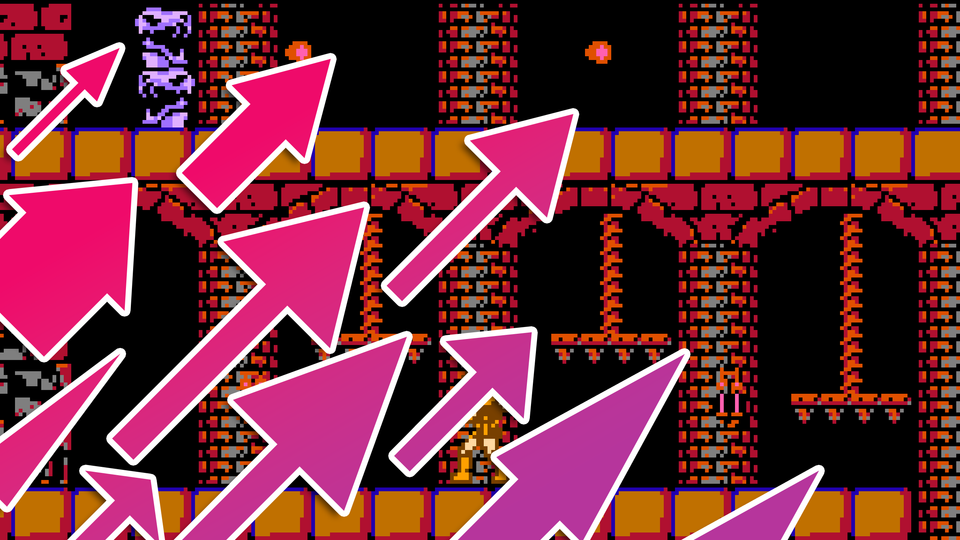
Hey, hi! Welcome to Astrolabe Digest. This is a new column for paid supporters1 aimed at keeping y’all informed about the best stories in Astrolabe’s orbit. Think of it like a levelled-up version of Quest Markers.
Astrolabe Digest isn’t here to replace main Astrolabe issues (I’ve got a couple cooking and they are doozies!), but to supplement them by bringing you more goodness while the big stories bake.
With freelance games journalism becoming more and more untenable, I’m looking at diverting my time and energy toward providing more value for paid Astrolabe supporters, as a way to keep doing what I’m doing. So, if you appreciate my work here or elsewhere, consider a paid subscription.
Angry Robot launches open submission period with AI... and quickly reverses course due to community blowback
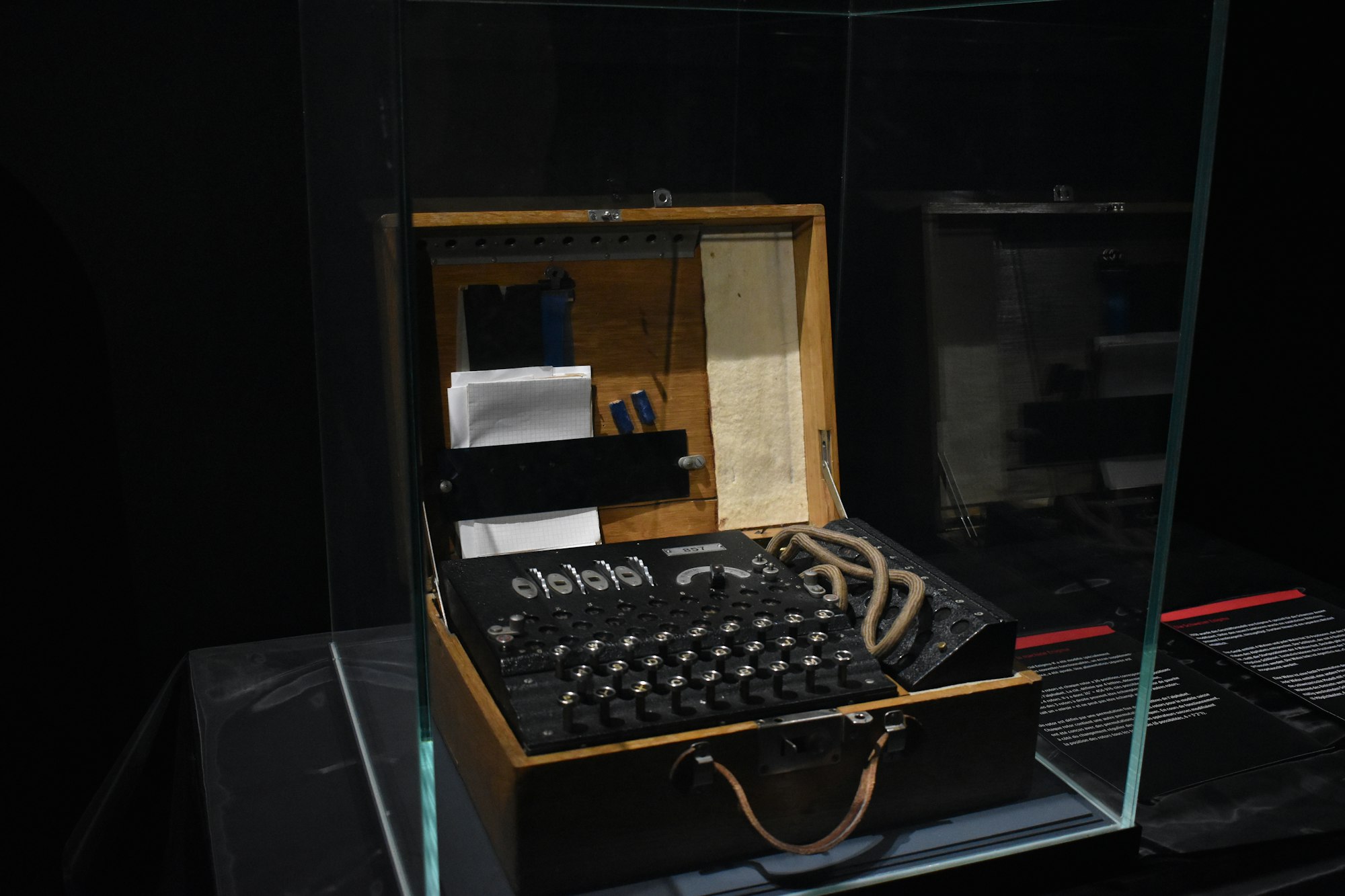
- Science Fiction and Fantasy publisher Angry Robot has earned a lot of goodwill among early career writers for their open submission periods—where writers can submit to editors directly without needing an agent.
- (But, seriously, if you ever get an offer on your unagented submission, IMMEDIATELY go get an agent. Tell the agent in your pitch that you have an offer on the table. Don't sign any publishing contracts without an agent.)
- All that goodwill, however, evaporated in an avoidable flaming wreckage, however, when Angry Robot tried to quietly announce that manuscripts received during their upcoming open submission session would be processed through an AI-powered application called Storywise. According to its website, "[Storywise] analyzes the manuscript and highlights the submissions you should take a second look at, together with a handy report card."
- The original post has been deleted, but screenshots exist.
- In the open submission FAQ, Angry Robot clarified that they would not be using the "grading" portion of Storywise, but were intending to use the application to sort submissions based on genre, word length, and point of view, etc. The FAQ attempted to assure writers that this is Good AI™, not Bad AI™.
- But, the announcement still pissed off a bunch of writers: "Add me to the mob of writers saying fuck AI," responded A Curse of Krakens author Kevin Hearne. Writer Lincoln Michel calls the move a "bad look," while Chuck Wendig, in particular Chuck Wendig fashion, cuts in with satire:
“We are going to feed your story to artificial intelligence but don’t worry it’s not the bad kind of artificial intelligence but just the kind that removes human intervention from art and writing because ha ha humans, am I right? The worst! Oh and PS don’t get an agent, agents are bad too.”
- Author Jackson Ford had a different take. "This strikes me as a reasonably sensible way to use AI," the A Sh*tload of Crazy Powers author said on Twitter. "Anybody who has ever gone through a slush pile will tell you: most of it is hot garbage. If you can use AI tools to SORT, to sift through stuff that would be auto-rejected anyway, and get it to the right editors...then yes. Use it."
- "We are a small team reaching a very high limit!" Angry Robot explained in the FAQ. "Our previous system is not sustainable: things get lost, we don’t answer authors in time, it takes too much time, etc. We are trialling this system in an attempt to be much more efficient and communicative with authors trusting their submissions with us."
- Five hours after the original post, Angry Robot announced in a tweet the decision to rollback the use of Storywise "for this open subs period." Emphasis mine. The language used in the announcement is vague on use of the AI software for future submissions periods.
- "I may be old and cynical," wrote Mary Sue on Bluesky, "but this reads to me like 'Send them to our old email and we'll upload them to the AI machine ourselves!'"
- Angry Robot did not respond to my request for comment.
Commodore 64 comes to Analogue Pocket

- The Commodore 64 was a gateway computer for a lot of Gen X and Millennial gamers, myself included. While I still game regularly on a Commodore 1702 monitor, my access to the computer is limited due to it being buried in the back of on of my dad's closets. Fortunately, a developer named Markus Lavin has released a new Commodore 64 core for the Analogue Pocket.
- For more on the Analogue Pocket, see Astrolabe 35:
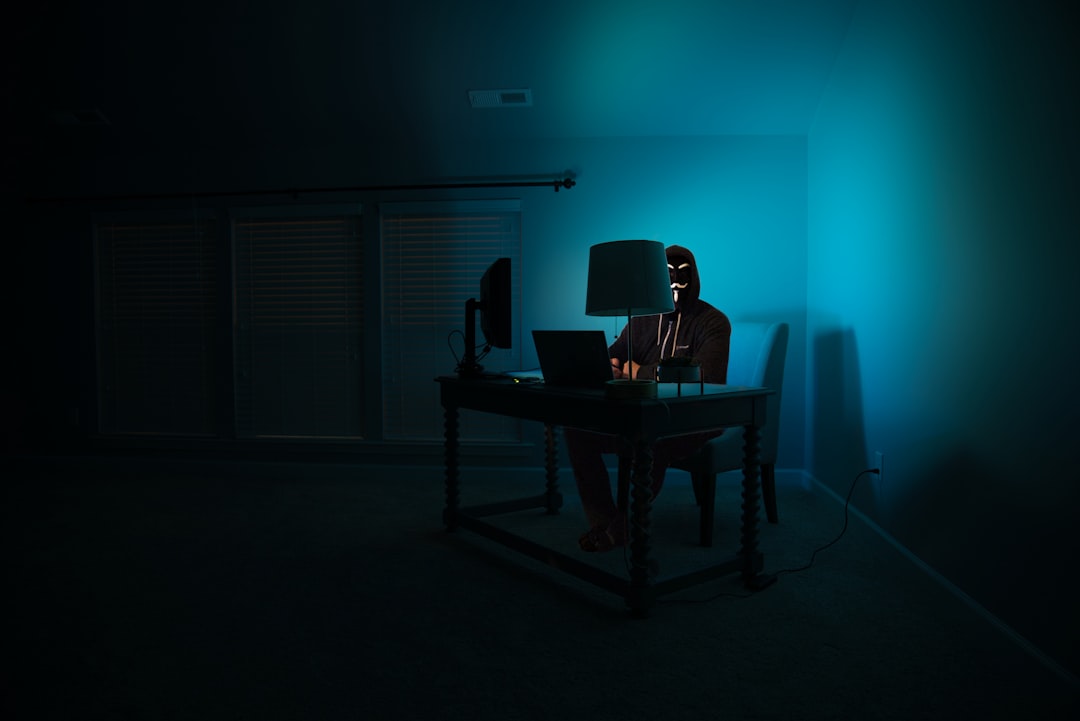
- A software developer in Lund, Sweden, Lavin began working on a Commodore 64 FPGA core in 2020. "Besides being a very nostalgic thing for me, [the Commodore 64] is a relatively simple system whose inner workings by now are well documented," Lavin told me when I asked why he chose to to port the computer to FPGA. "That makes it a good candidate for a retro FPGA project."
- "When I was a kid back in the 80s my parents bought our family’s first computer, a Commodore 64 with a datasette station," Lavin wrote in a series of blog posts chronicling his method for developing the original core. "I still have fond memories."
- Lavin told me his main goal for the project was to be able to play Bubble Bobble, a game he fondly remembers from childhood. Now that he's achieved that? Lavin has a lot of bugs to squash and features to improve. While a relatively simple computer, the Commodore 64 is "designed quite differently from how things would be done today with modern methodology," which creates a bit of a puzzle for Lavin as he continues to improve his work. "This core is far from complete," he told me. "That will likely keep me busy for the next two years."
- The core has been added to many of the popular Pocket updaters (Pocket Sync is my favourite), and can also be directly downloaded from Lavin's Github page.
Retro game prices going crazy

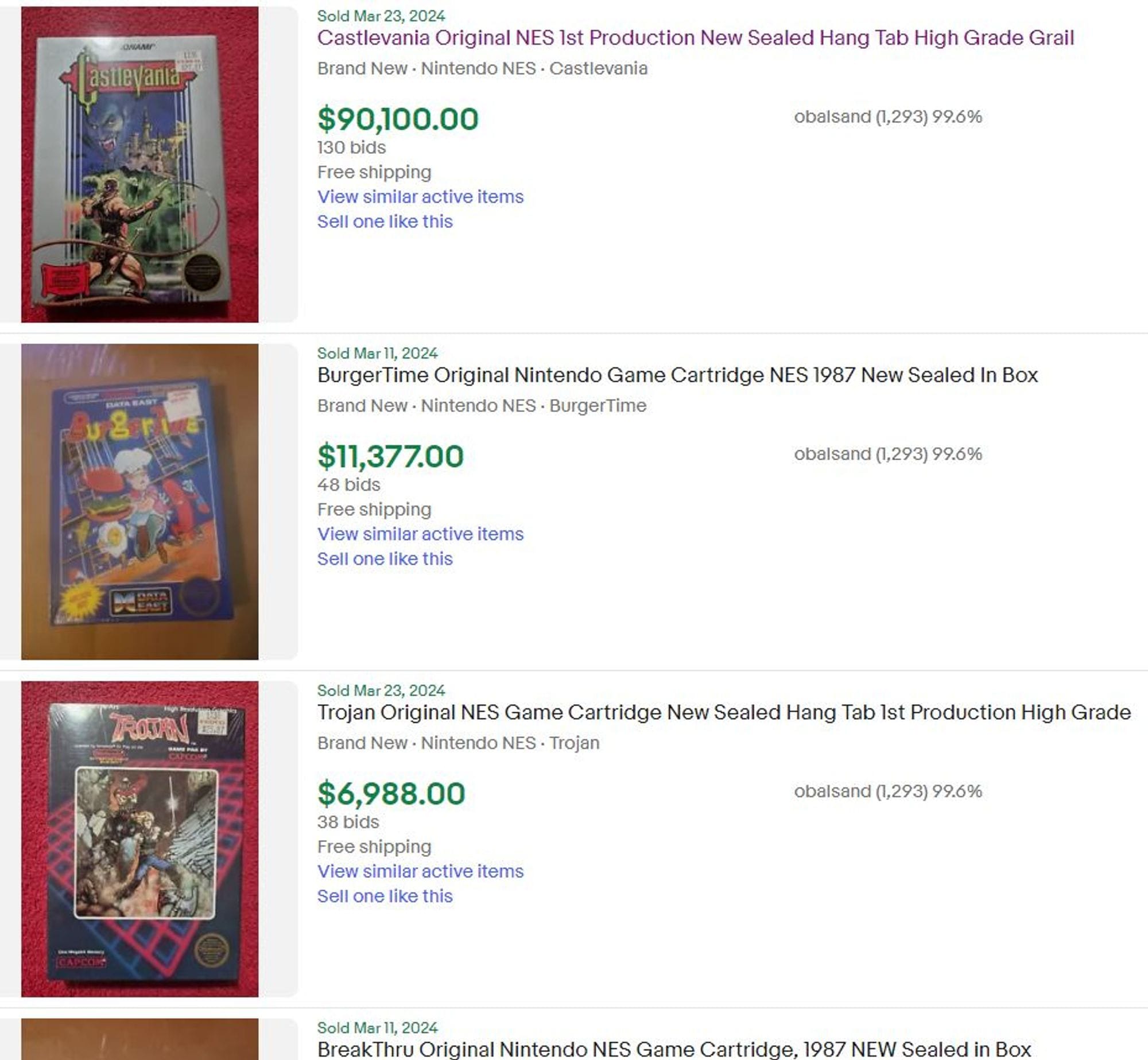
Source: Chris Kolher
- With the medium only a few decades old, historical video game collection is only just starting its infancy. But, as a series of recent Ebay auctions highlights, prices for rare (and not so rare, but desirable) games are reaching astronomical heights—and Ebay's starting to get in on the action.
- "There was a minor happening in the collecting world over the last couple of weeks," wrote game collector and Editorial Director at Digital Eclipse Chris Kohler. "Seems like a couple people hit the jackpot at an estate sale in the Dallas area and came away with some unbelievable sealed games that sold for massive prices."
- Among the sales were a sealed copy of Castlevania for $90,100 US, a sealed Kid Icarus for $81,988.36 US, and a sealed BurgerTime for $11,377 US. While these don't reach the heights of other games sold at traditional auction (a sealed copy of Super Mario Bros. sold for $2M US in 2021), the first two are among the highest sales for a video game on Ebay.
- “For the Marios, the Zeldas, some of the James Bond Nintendo 64 games, they’re the ones that a 30-year old, a 35-year-old has great memories of being in basement playing with their friends," Rob Petrozzo told Artnet in 2021. "And now they might have a little bit of money to invest and see this as an opportunity, and that’s going to continue to drive the market.” Petrozzo is co-founder of Rally, a company that allows people to purchase shares in high-end collectible.
- In response to the 2021 auction for Super Mario Bros., Kotaku's Ethan Gach (who's now also the editor of the fabulous Dead Game newsletter) reported on a video from YouTuber Karl Jobst covering potential conflicts of interest and fraud involving auctioneers and grading companies like Wata Games:
Not only does he accuse Heritage Auctions of fraudulent behavior, he also questions the motives of Wata Games, which appears to be a revolving door between graders, collectors, and sellers. “There is a select group of very wealthy, very powerful people pulling the strings behind this recent spike in video game prices and the same people are making money hand over fist,” Jobst argues in his video.
- A used cartridge of Castlevania for the NES goes for about $30 US according to PriceCharting.
Oh, Also
- The 2024 Hugo finalists were announced! And they're probably not a complete ethical failure this year. Probably.
- Apple will now allow retro game emulators like MAME and Mednafen to appear on its App Store.
- This follows on the footsteps of Nintendo's effortless legal takedown of Yuzu, a popular Switch emulator.
- Legendary science fiction writer Vernor Vinge passed away at the age of 79. He's credited with popularizing the concept of the "singularity."
- Nintendo is shutting down online servers for Wii U and 3DS on April 8th, 2024.
- But there's a grassroots effort to save SpotPass!
Support
There are lots of ways to support Astrolabe and my other work. Check ‘em out!
Keep In Touch
Enjoy Astrolabe? Want more SFF and retro gaming goodies? You can find me on Twitter and my website.
Credits
Astrolabe banner photo by Shot by Cerqueira on Unsplash


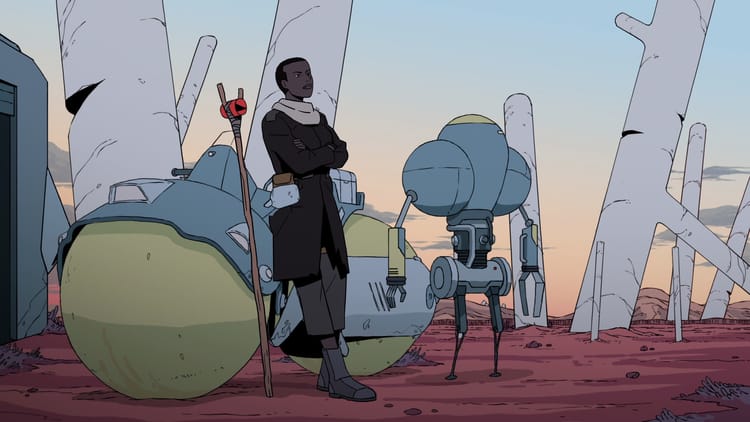


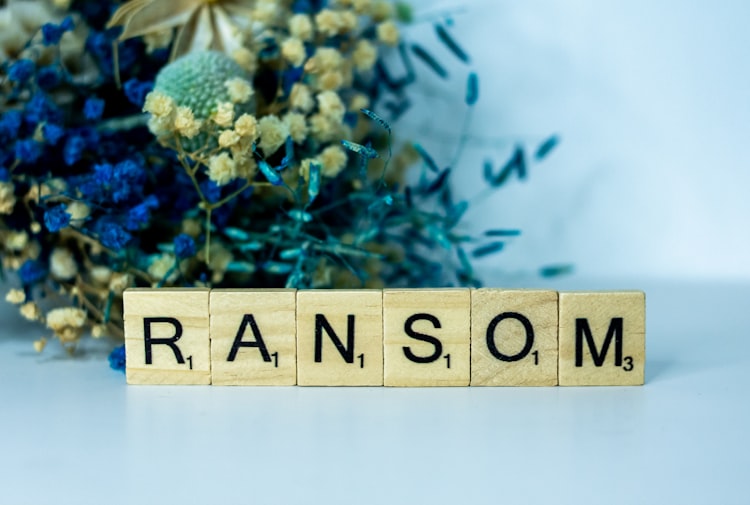

Member discussion